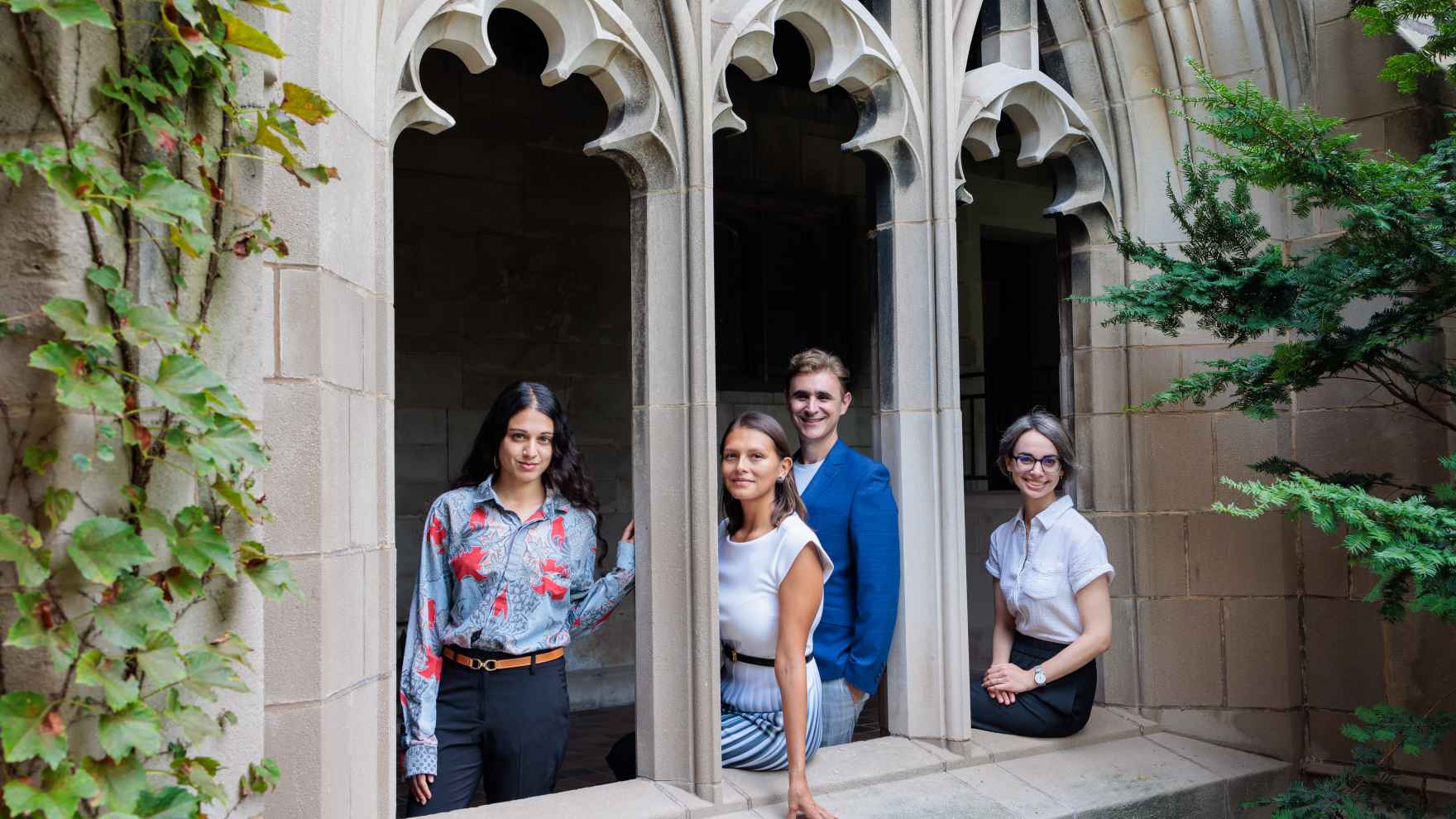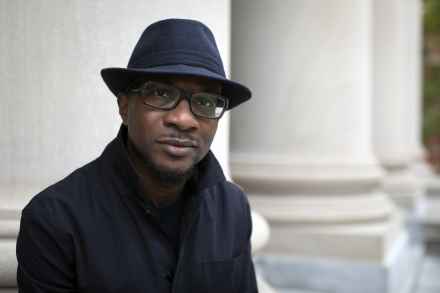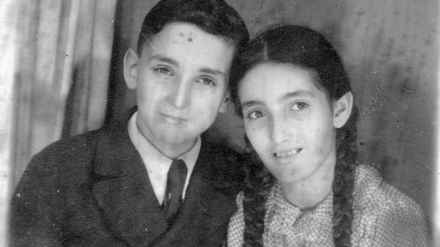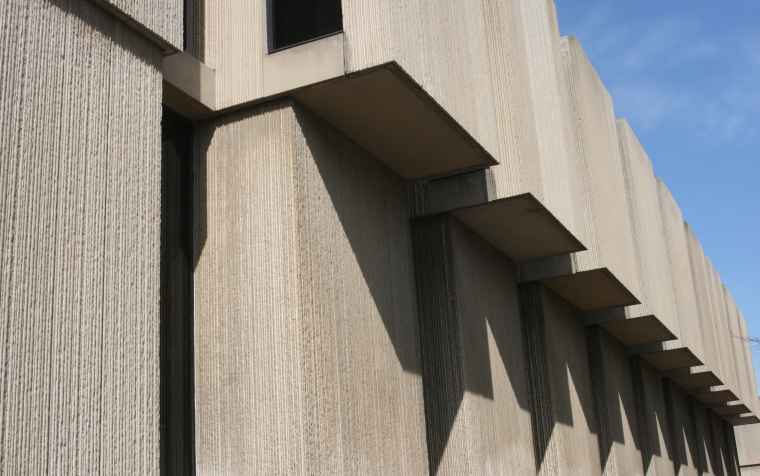Media Mentions: March 2019
The latest media mentions, quotes, profiles, and writings from Division of the Humanities faculty, students, staff, and alumni.
Author and Photographer Teju Cole to Deliver a Series of Talks at UChicago
Teju Cole feels a sense of responsibility in coming to the University of Chicago this spring for the 2019 Berlin Family Lectures. Not only does the acclaimed author, photographer, and critic appreciate the opportunity to speak, he relishes the sustained, serious engagement he’ll receive from the audience and UChicago community. Beginning on April 8 and continuing on April 15 and 22, Cole will explore what it means to be a sensing being through experience, epiphany and ethics. Registration for the series, which will be held from 6 to 7:30 p.m. in the Logan Center Performance Hall, is free and open to the public. His first lecture centered on experience can be viewed now.
How Jewish Refuges Found a Wartime Home in Shanghai
Asst. Prof. Rachel DeWoskin has visited Shanghai every summer for nearly a decade, walking along streets that more than 18,000 Jewish refugees once called home. Her years of research culminated in the January publication of Someday We Will Fly, her fictionalized account of a young Jewish girl fleeing war-torn Poland. In writing her novel, DeWoskin also relied in part on the family possessions of UChicago staff psychiatrist Jacqueline Pardo, whose German mother Karin Pardo (née Zacharias) lived in Shanghai as a child. A selection of those objects and photographs are displayed on the third floor of Regenstein Library.
Media Mentions: February 2019
The latest media mentions, quotes, profiles, and writings from Division of the Humanities faculty, students, staff, and alumni.







